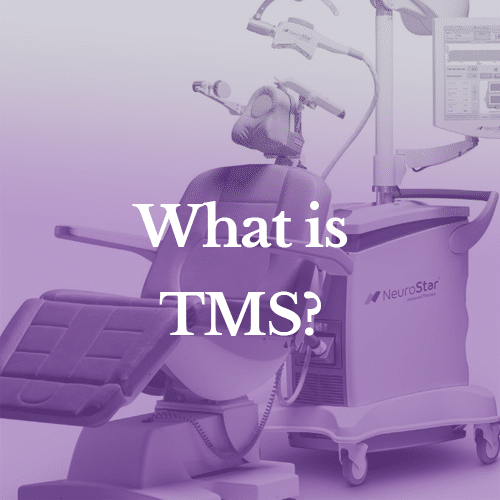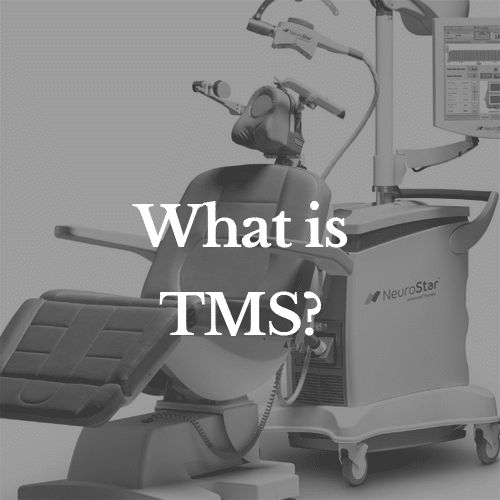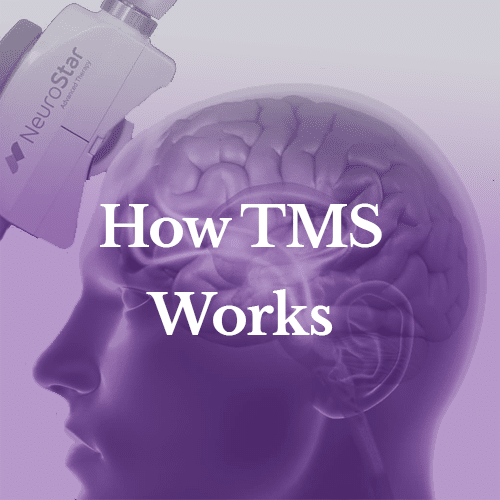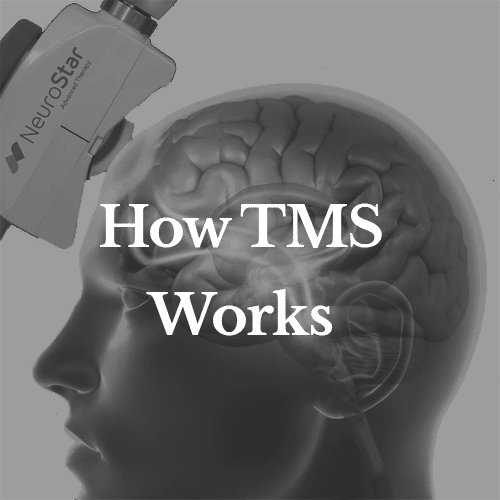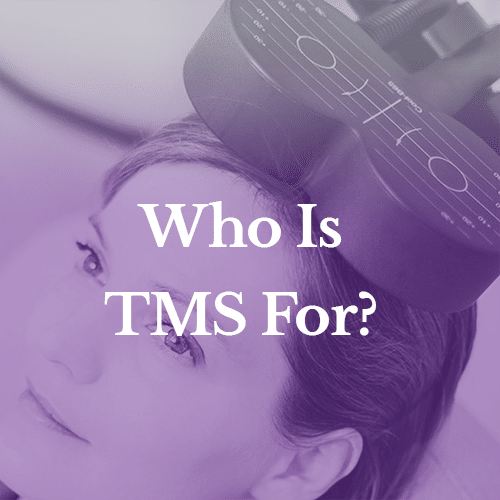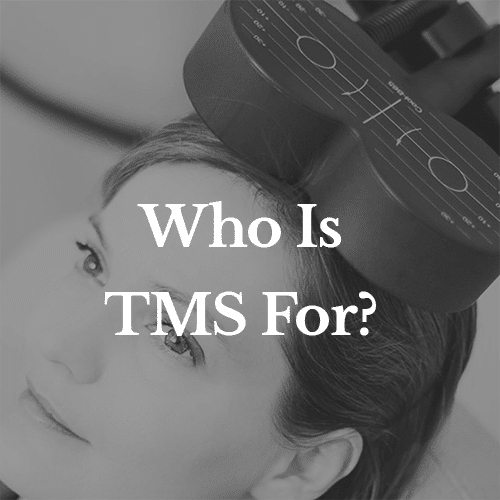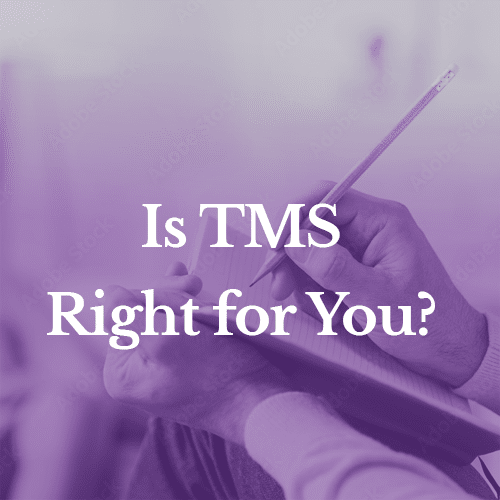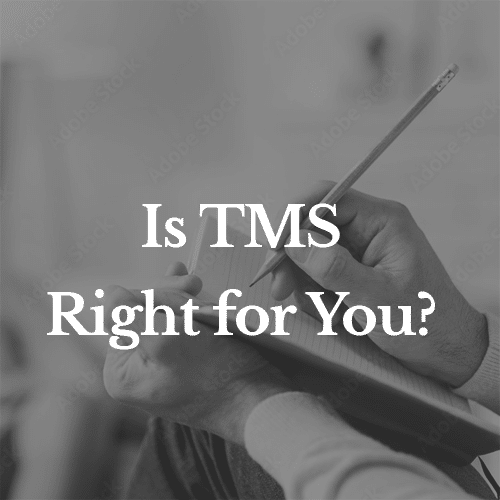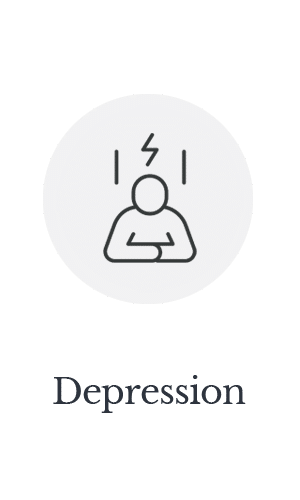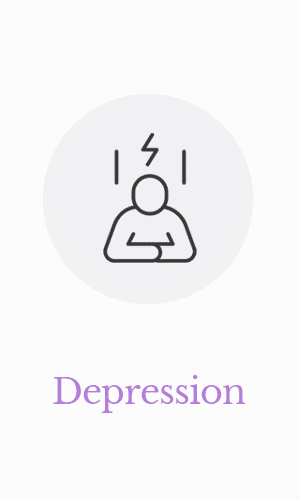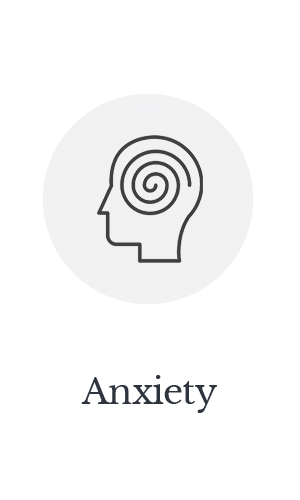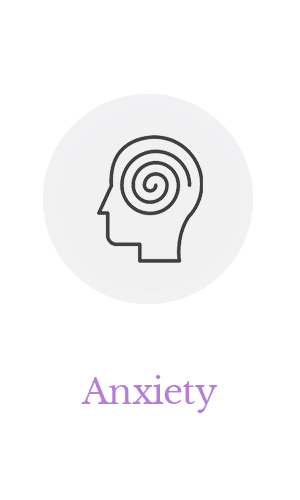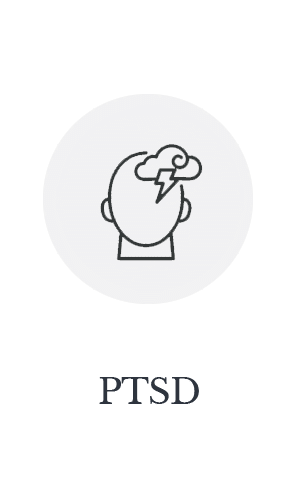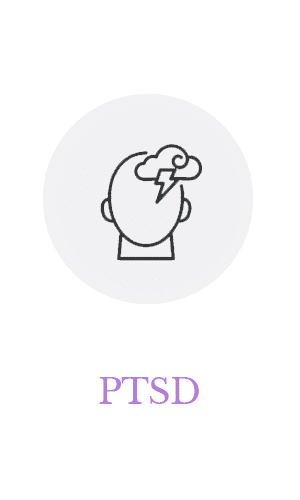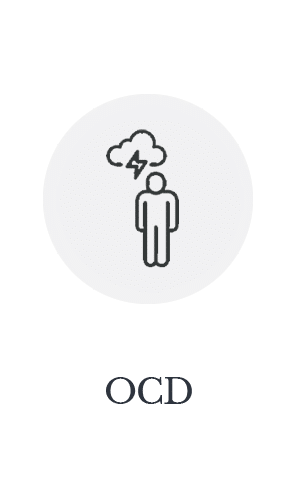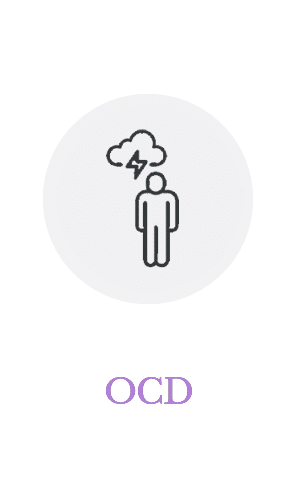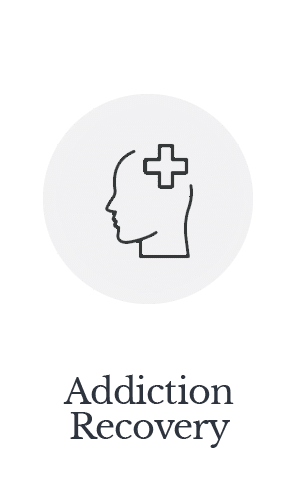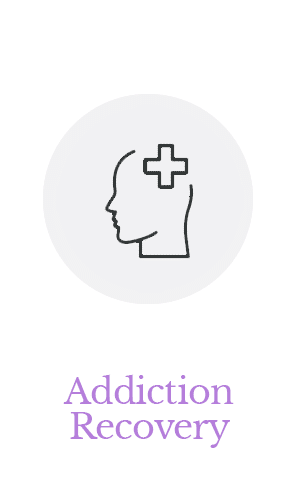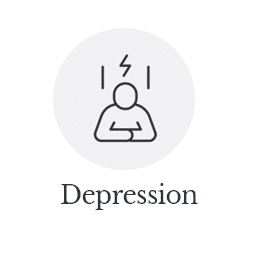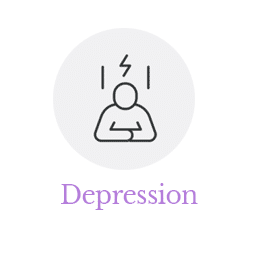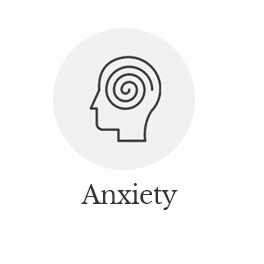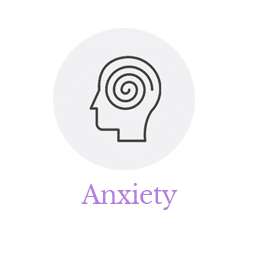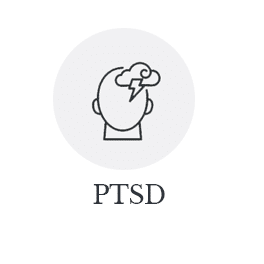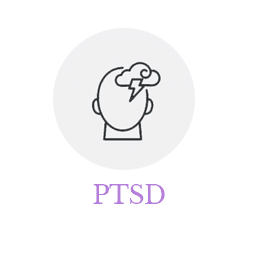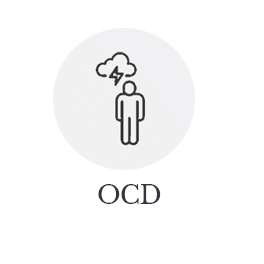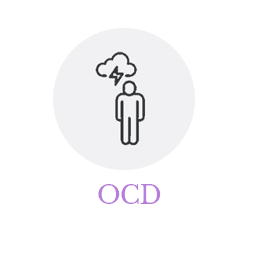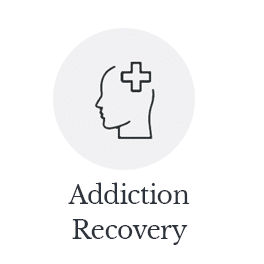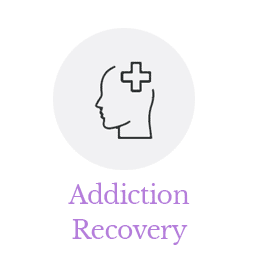Depression is a common mental health disorder characterized by persistent feelings of sadness, hopelessness, and a lack of interest or pleasure in activities once enjoyed. An estimated 10 percent of adults experience depression in any given year. About 1 in 5 people will experience depression at some point during their lifetime.
Depression can affect anyone, regardless of age or background. Women have a higher risk for depression and are diagnosed at about twice the rate as men. However, women are also more likely to seek a diagnosis and treatment for depression than men, leading to a higher reported rate.
Depression is Treatable
While the causes of depression are complex and involve a combination of genetic, biological, environmental, and psychological factors, depression is treatable. Therapy, medication, lifestyle changes, and support from family, friends, and support groups can help with managing symptoms and fostering recovery.
Recently, doctors are increasingly turning to newer depression treatment options, such as ketamine, psychedelics, and transcranial magnetic stimulation. Patients who have not achieved adequate relief from traditional treatment options, such as antidepressants and therapy, are no longer willing to tolerate partial relief. Many times, achieving full relief is simply a matter of finding the right treatment that works for you.
Why Doctors are Turning to TMS for Depression Treatment
“I don’t prescribe TMS to my patients as a last-ditch effort. I prescribe TMS to my patients because I know it works.”
– Dr. Jennifer Park, board-certified psychiatrist
Doctors are increasingly choosing to treat a patient with depression using Transcranial Magnetic Stimulation (TMS) therapy when other treatment options, like antidepressant medications and psychotherapy, have not been effective. However, this does not mean TMS is a last resort therapy. Rather, doctors and patients are often required to meet insurance company guidelines that stipulate patients must try antidepressants and psychotherapy before TMS treatment will be approved.
TMS is particularly suitable for patients who have been diagnosed with treatment-resistant depression, meaning they have not found relief from their symptoms despite trying multiple medications. Because TMS uses an entirely different functional mechanism than antidepressants, it is often successful at treating depression in patients when antidepressants did not.
TMS is an FDA-approved, non-invasive procedure that uses magnetic fields to stimulate nerve cells in the brain associated with mood control. The magnetic fields prompt a stimulus/response mechanism in the brain, inducing positive changes that reduce or eliminate depressive symptoms.
Doctors and patients also choose TMS because it has fewer side effects compared to traditional antidepressant medications. For individuals who cannot tolerate the side effects of medications—such as weight gain, sexual dysfunction, or fatigue—TMS provides an excellent alternative that targets the brain directly without affecting the rest of the body.
Why Patients Choose TMS
Patients are increasingly opting for TMS to treat depression over other alternatives.
- It is non-pharmaceutical. TMS directly stimulates the brain to achieve healing; it does not use medications (such as antidepressants) to achieve relief.
- It is effective. TMS boasts high response and remission rates, even for patients with severe depression or diagnosed with treatment-resistant depression. The majority of patients who did not find adequate relief with antidepressants achieve relief through TMS.
- It is covered by insurance. TMS is covered by most medical insurance as a covered benefit. Inland Empire TMS accepts most major commercial plans, TRICARE, and TriWest (Veteran’s) insurance plans.
- It is long-lasting. TMS patients continue to maintain a beneficial response long after TMS therapy has finished. Patients do not have to remember to take daily medication
- It has no systemic side effects. TMS is extremely well-tolerated. It is non-invasive, requires no anesthesia or numbing, and has no systemic side effects.
- It is FDA-approved for patients 15 and over. TMS first gained FDA approval for depression treatment in 2008. Only adults 18 and over were included in the initial approval. In 2024, the FDA approved TMS treatment for patients 15 years old and older.
What Patients Say About TMS
Doctors and patients alike are choosing TMS over other depression treatments. Patients appreciate the convenience and lack of side effects. Doctors appreciate the increased control over treatment TMS provides, along with its strong track record of success.
Here is how one patient described her TMS treatment at Inland Empire TMS in Murrieta, California:
“I’ve struggled with PTSD, anxiety, depression, ADHD amongst other things and tried everything to help with it but nothing came close to comparing to how well TMS worked for me. The treatment is absolutely amazing and the whole office staff was so kind and nice to work with which made the experience that much better. You can tell everyone there really cares how well you’re doing in every aspect of your life.”
–5 Star Google Patient Review
How to Get Started with TMS
If you are struggling with depression, anxiety, PTSD, or other mental health disorder, the staff at Inland Empire TMS are ready to help. To get started, call Inland Empire TMS at (951) 228-3743 or submit an online request for more information.
At your initial appointment, you will receive a full diagnostic evaluation using standardized assessment tools and an EEG brain mapping. With this information, the team at Inland Empire TMS ensures your treatment is customized to target your precise condition – thereby increasing treatment effectiveness and your satisfaction.
Inland Empire TMS serves patients in Murrieta, Temecula, Corona, Riverside, and all of Riverside County. Active duty military, military veterans, and their families are especially welcome and receive care and treatment that is informed by the unique circumstances and needs of military members and their families.

